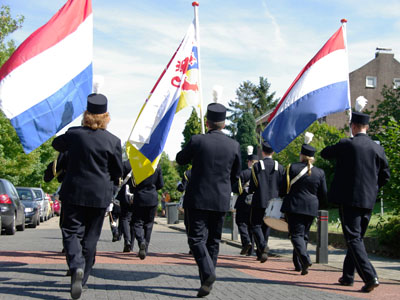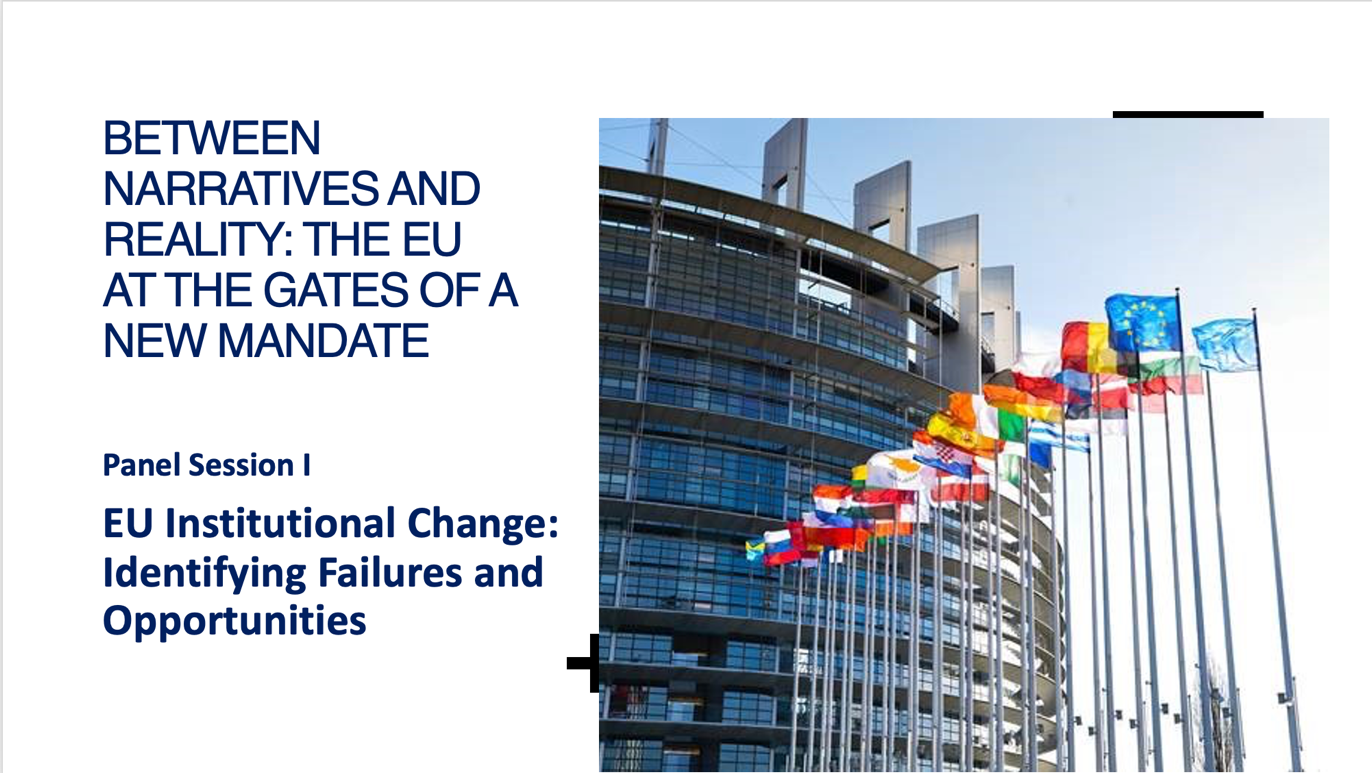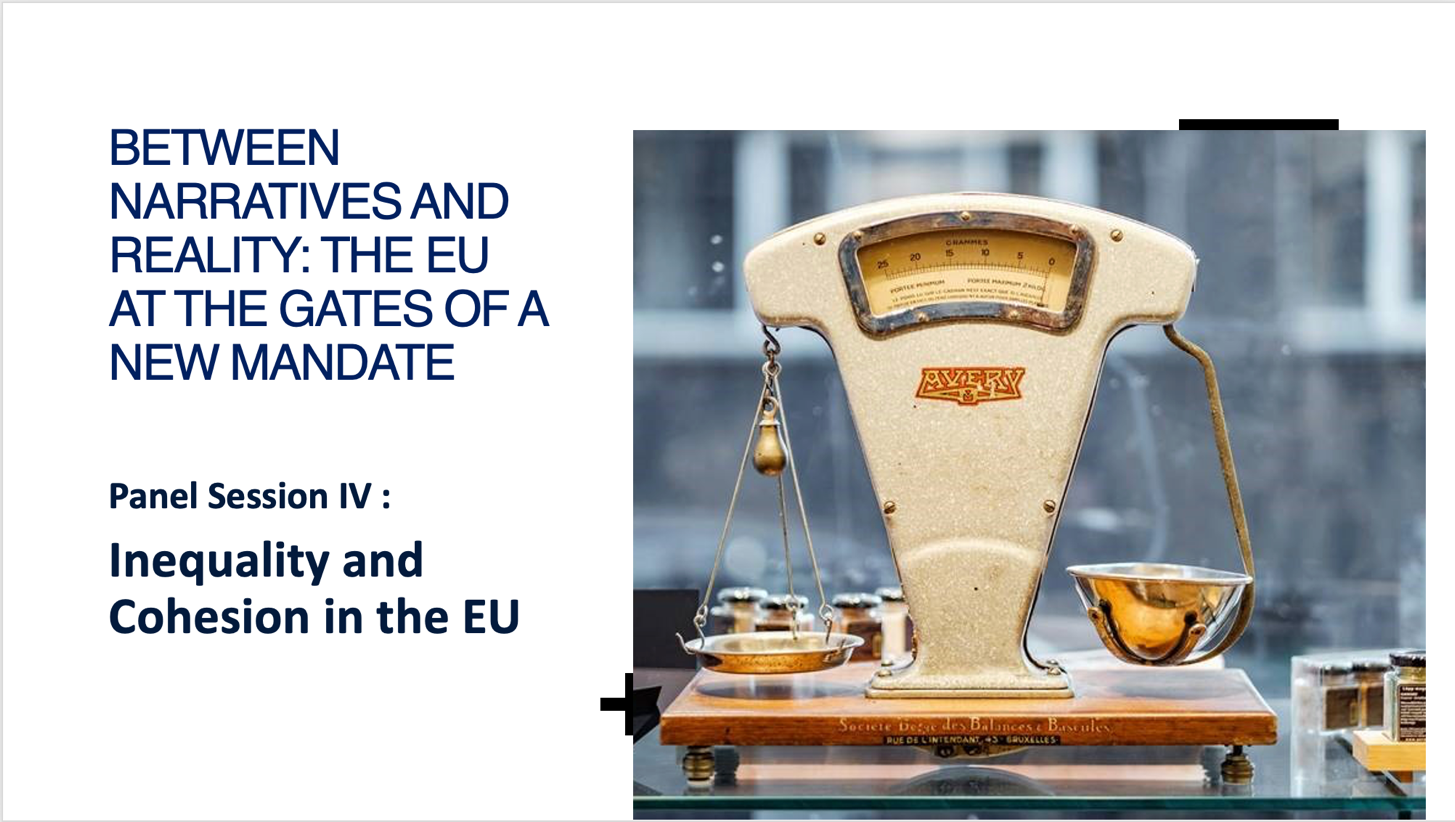Home

The Facebook page “Stuff Dutch People Like” recently published a list of what Dutch people do not like. First place: Being confused for a German. Second place: Germans. Whoa!
I can imagine that Dutch people find some German tourists irritating, especially having heard some of my compatriots in a café complaining that their cappuccino was prepared with steamed milk instead of ‘Schlagsahne’ (whipped cream). On the other hand I’ve also seen Dutch tourists on vacation who misbehaved…
But the second point especially surprised me. Why? Because I have never experienced any animosities since I moved to the Netherlands with my family. I felt welcome from the first day thanks to my Dutch colleagues, neighbours and others. Only one time did a guy on a bike yell something ugly at me because he thought I did not stop quickly enough for him. When I reacted in Dutch, he turned out to be another German.
Though I usually have doubts about these sorts of lists, positive or negative, and they mainly seem to reinforce stereotypes and provide no insight into the methodology used, sample sizes and so forth, it did make me think.
Since the dark days of the Second World War, with all the suffering that the Dutch people endured through the German occupation and oppression (which we must never forget), I think our two nations have grown to be good neighbours. I found it very special that I could participate in the celebration of the 200-year anniversary of the Dutch Kingdom in Maastricht, where German president Joachim Gauck was invited to be the keynote speaker. Two years after giving the 5 May (Liberation Day) Lecture in Breda, Gauck was again afforded the opportunity to speak to Dutch society on such an important occasion.
His message was loud and clear: Freedom is our greatest good, whether it is a free Europe, the liberation from occupation and dictatorship, or freedom of speech. He recalled not only the contribution of Dutch thinkers and philosophers in this shared European ideal, but also emphasized the Dutch tradition of tolerance as an example to others. If we look at other parts of the world, where freedom is currently under a great deal of pressure, we should more often be grateful for this freedom.
In addition to the broad, positive role that the Netherlands has played in the history of Europe, I think that there is a special role for Limburg; a region that over the ages has been a crossroads of European cooperation and political development. With her unique history, Limburg is a prime candidate to play a more prominent, important role in Europe; as a meeting place, or to attract students, tourists or business partners from across the border. That is the potential of this region, complementing a good reputation (which sometimes is greater abroad than here) and the will to develop further.
Projects such as Kennis-As, with which we will develop Limburg as a ground-breaking region in many ways, shall lead to a better future for us and our neighbours: A region we can be proud of, where we can enjoy living and working and were we can feel at home. As an expat citizen of Limburg, I have come to feel at home here…and welcome, whatever sketchy Facebook lists might say.
Other blogs:
Also read
-
AI needs to have access to huge amounts of data in order to be trained. In this article, I discuss the need for suitable text- and data mining exceptions in copyright law that stimulate AI development as well as enable human authors and creators to still earn a revenue.
-
This blog post is part of a series reflecting on the panel discussions held during the conference "Between narratives and reality: The EU at the gates of a new mandate", which took place at the Faculty of Law of Maastricht University on June 20 and 21, 2024. This panel focused on Institutional...
-
This blog post is part of a series reflecting on the panel discussions held during the conference "Between narratives and reality: The EU at the gates of a new mandate", which took place at the Faculty of Law of Maastricht University on June 20 and 21, 2024. This panel addressed inequality and...



